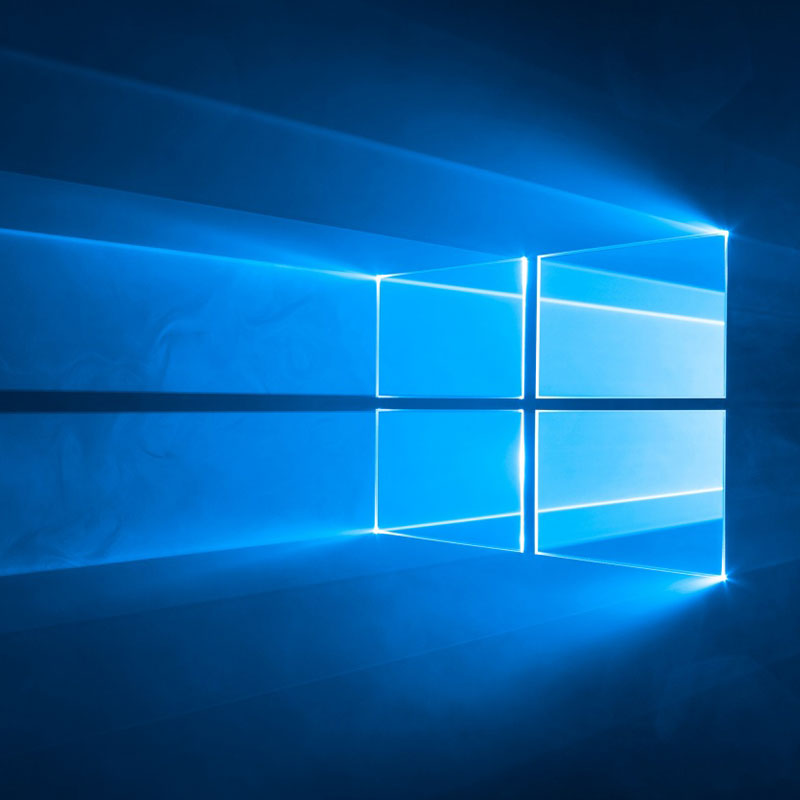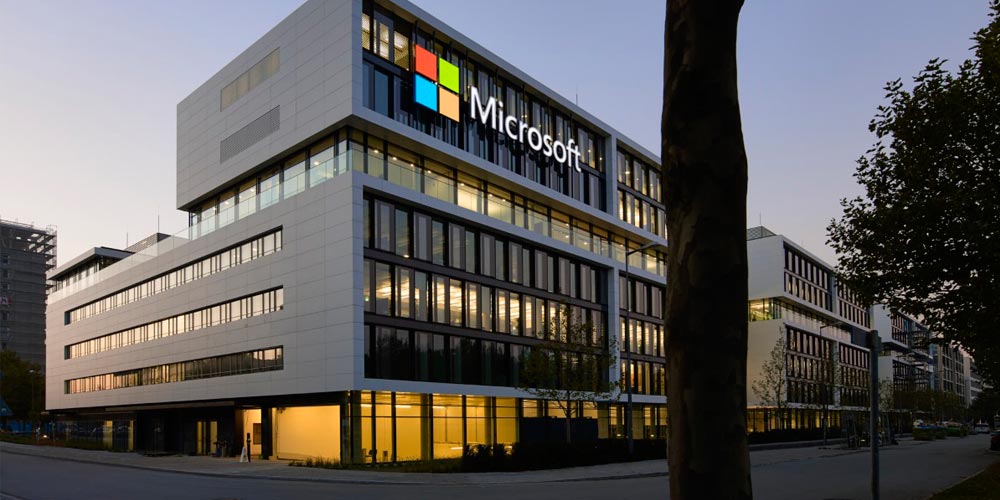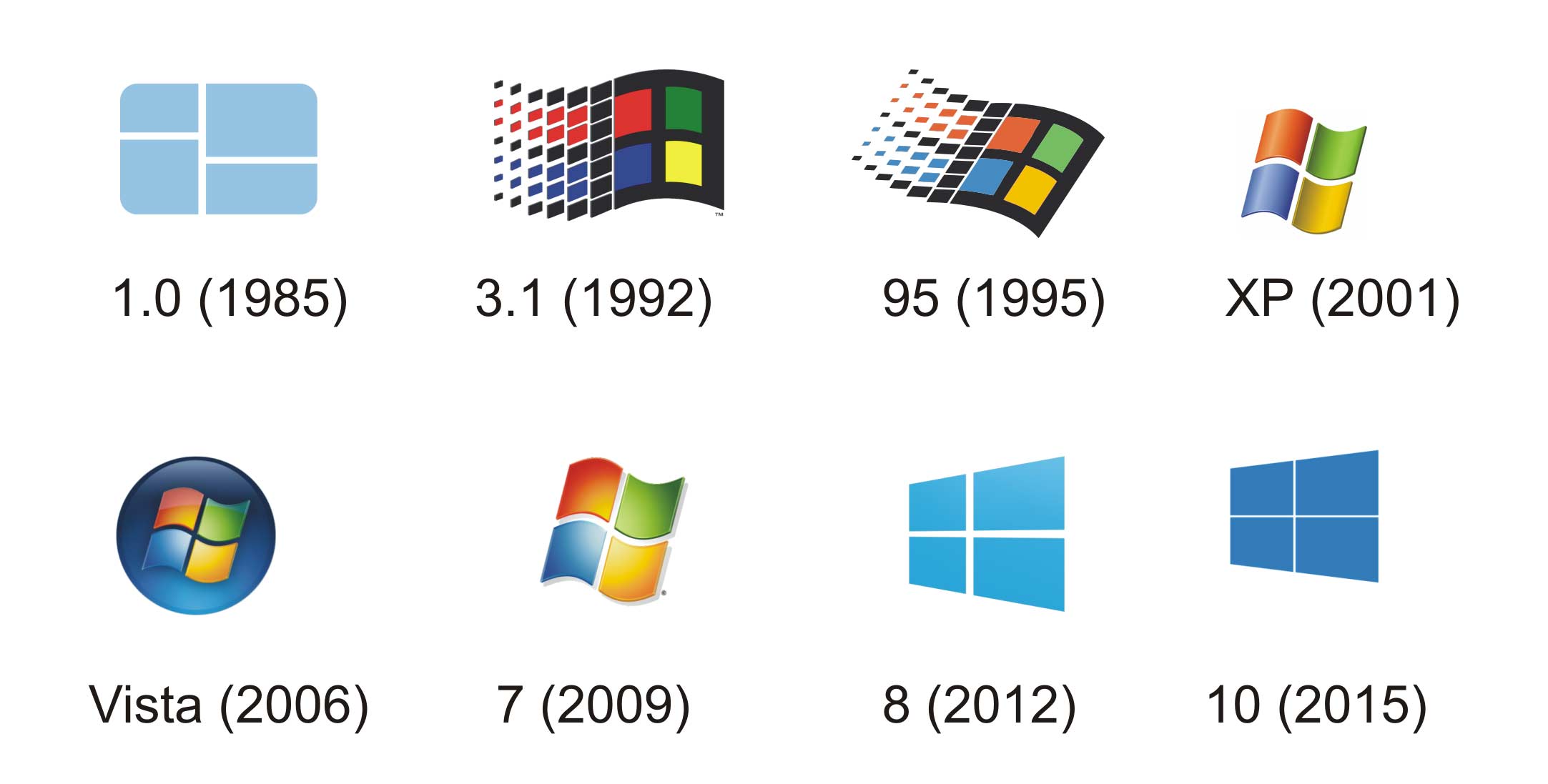
Microsoft is a tech company best known for its operating system. But the demand for computation and flexibility has gone beyond what Microsoft was first famous for.
Here, the company is shifting its focus. Announcing a major reorganization on March 29, 2018, Microsoft is putting more efforts on two divisions: first is experience and devices, and second is cloud and artificial intelligence (AI).
"We want to move from people needing Windows to choosing Windows, to loving Windows. That is our bold goal," said Microsoft CEO Satya Nadella back in 2015.
At that time, Microsoft was aggressive in delivering and marketing Windows 10. The company had a bold goal: having 1 billion devices running Windows 10.
But that goal didn't quite worked out.
As of November 2017, Windows 10 was running on more than 600 million devices, including PCs, tablets, Xbox One consoles, HoloLens headsets, Surface Hub devices and also phones.
Microsoft's own Windows trends show that Windows 10 was running on 45 percent of all PCs and tablets.
For this reason, Microsoft is no longer putting a large emphasis on Windows as the critical part of the company's success.

Nadella had been preparing for this shift.
Previously, his first reorganization of the company started in 2016. He created the AI and Research Group by combining the existing Microsoft Research group together with Bing and Cortana product group, and make them work alongside the team which was working on ambient computing, robotics, and the Information Platform Group, which included Bing advertising and natural user interfaces.
Then in 2017, Microsoft called "experience" as human behavior, and started focusing on data.
Nadella also highlighted the changes in a blog post, where he explained how computing is more powerful and ubiquitous from the cloud to the edge, artificial intelligence capabilities are rapidly advancing, and how physical and virtual worlds are continuing to come together.
"Today's announcement enables us to step up to this opportunity and responsibility across all our Solution Areas," he wrote.

With the shift, the core development of Windows is moved to the cloud and AI team. A new assembled team is then taking over the "experiences" Windows 10 users see like in apps, Start menu, and new features. The first big change about Windows' future is that Microsoft changes 'Windows and Devices Group' to 'Experiences & Devices'. This includes not just Windows, but also Office and Surface products.
Windows isn’t dead. But what this means is Microsoft is clearly putting less focus on Windows, making the OS play a different role in the company's future.
Windows is being adapted for new devices and scenarios, but it’s not anymore at the core of Microsoft’s business.
Founded by Bill Gates and Paul Allen, Microsoft was a result of a passion in computer programming. The company had a great history when it successfully put a Windows-powered computer on every desk and in every home.
But as the trends change, the company that needs to grow, has to tackle the competition to give what people really need: and that is something not anymore centered on Windows.
The shift is the fourth major shuffle inside the company since 2013, and also the most most significant under Nadella’s leadership.
